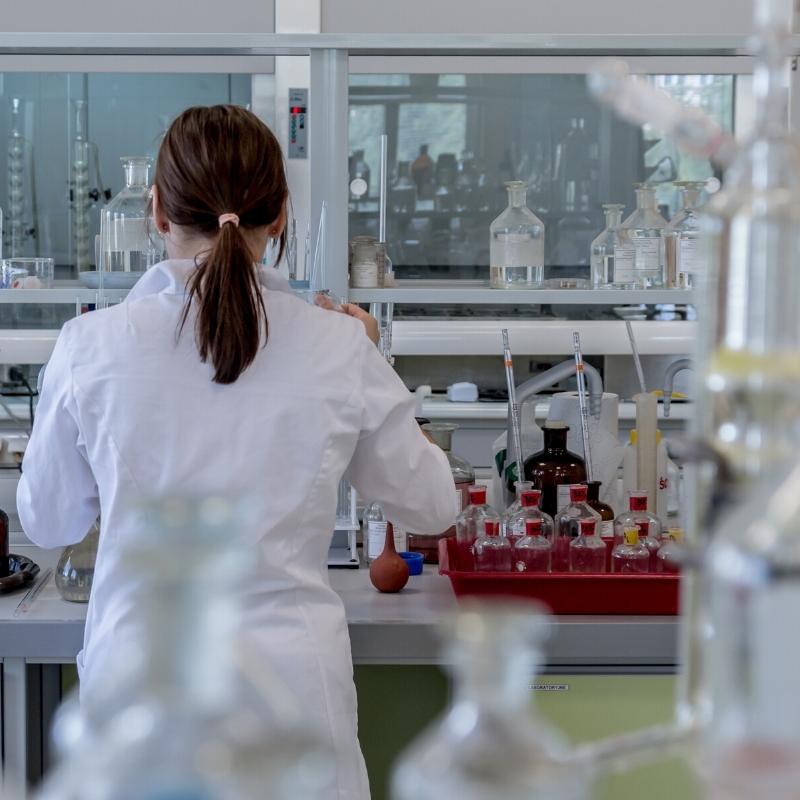Could this work allow us to respond to new disease threats?

SAVSNET collects electronic health data from laboratories and veterinary surgeons in practice and uses it for research and surveillance to identify trends over time. But what if we do spot an unusual pattern of infection? Wouldn't it be great to get hold of some physical samples from affected animals and test them in the laboratory?
That is exactly what a pilot project awarded by PetPlan to Maria Afonso and Alan Radford, and in collaboration with Idexx Laboratories UK, seeks to do. Based on an unusual pattern of disease diagnosis in the laboratory-derived data, Maria and Alan will test their ability to retrieve the appropriate samples from Idexx for more detailed sequencing in the molecular biology laboratories at Unviversity of Liverpool. If the samples can be retrieved in a timely fashion, it would allow us to determine whether a local increase in cases was due to the wide-scale transmission of a single strain, or the simultaneous infection with multiple unrelated strains. This is just a pilot, but if it works it would seamlessly link modern electronic health surveillance and modern molecular microbiology and sequencing, massively increasing our ability to respond to new infectious disease threats.